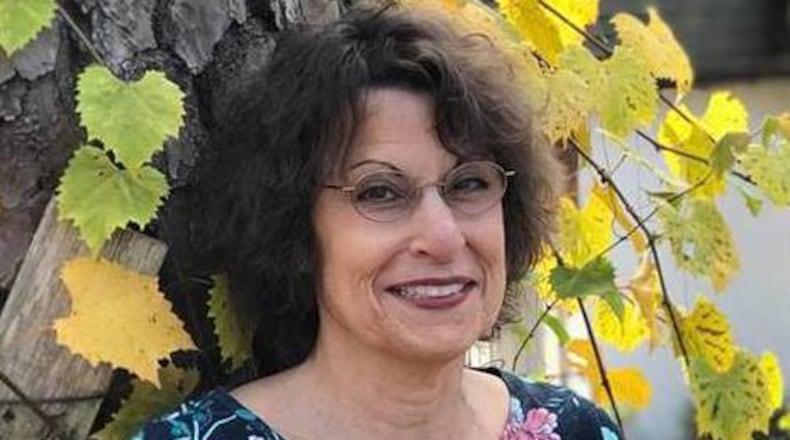Shocked and disgusted — that’s how I felt when I heard about the latest sex-abuse scandals in the Catholic Church.
It’s not just the shameful actions of the priests, involving the betrayal of innocents, but the bishops’ despicable efforts to cover up the mess.
First came the shocking news about former Cardinal Theodore McCarrick, who had a long, abominable track record of inviting seminarians to his bed, which it seems many bishops knew about.
He also baptized a baby, befriended the child and eventually started molesting him.
Then the Pennsylvania Supreme Court disclosed the results of an investigation detailing 70 years of abuse by priests — and cover-ups by bishops.
The suffering endured by the victims is unimaginable and heart-breaking, but there’s also a huge toll on everyday parishioners, who feel betrayed by the clergy.
Some are withholding money from collection baskets, some are fasting and praying, while others, sadly, plan to leave the church.
I’m sticking around, however, because my faith doesn’t depend on human beings, who can be fickle and sinful — but on God.
After a long stint with atheism, I returned to the church in my 40s, and my life has been immeasurably more meaningful — not necessarily happier — since then, because my faith answers the “Why am I here?” question.
In coming back, I chose the Catholic Church, because it was the one Christ founded more than 2,000 years ago, when he said, “Thou are Peter and upon this rock I shall build my church; and the gates of hell shall not prevail against it.”
Still, I didn’t expect perfection, since Christ predicted that the devil — whom he described as a roaring lion seeking its prey — would attack the church.
After all, he’d chosen 12 apostles, and one of them, tempted by Satan, betrayed him.
Sadly, Judases have wormed their way into the church — with some wearing bishops’ mitres — but there are still many faithful clergymen today, who wouldn’t dream of betraying Christ.
Returning to Christianity, I was drawn to the Catholic belief in the real presence of Christ in the Eucharist, based on his words, “Whoever eats my flesh and drinks my blood shall have eternal life.”
Protestants view the Communion bread and wine as symbols, while Catholics and Orthodox Christians believe Christ becomes actually present during the Mass.
In 1955, Catholic author Flannery O’Connor wrote something that still resonates today: “The Church is the only thing that is going to make the terrible world we are coming to endurable; the only thing that makes the Church endurable is that it is somehow the Body of Christ and that on this we are fed.”
Many disciples were so shocked when Christ mentioned consuming his body and blood that they abandoned him, and returned to their former ways of life.
He could’ve calmed their concerns by saying, “Don’t worry — I’m talking symbolically.”
Instead, he turned to the 12 remaining men and asked, “Do you also want to leave?”
“Master, to whom would we go?” Peter replied. “You have the words of everlasting life.”
In a letter to his son in 1941, J.R.R Tolkien said, “Out of the darkness of my life, so much frustrated, I put before you the one great thing to love on earth: the Blessed Sacrament.”
My prayer is that the church will cleanse itself of the evil that’s infiltrated its ranks. I also pray God will heal the shattered hearts of the victims.
But I won’t leave the church Christ founded, despite the devil’s dark efforts to destroy it, because that would be abandoning the greatest love of my life, Christ himself.
About the Author
Keep Reading
The Latest
Featured


